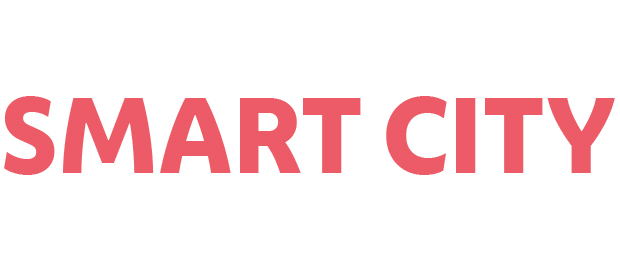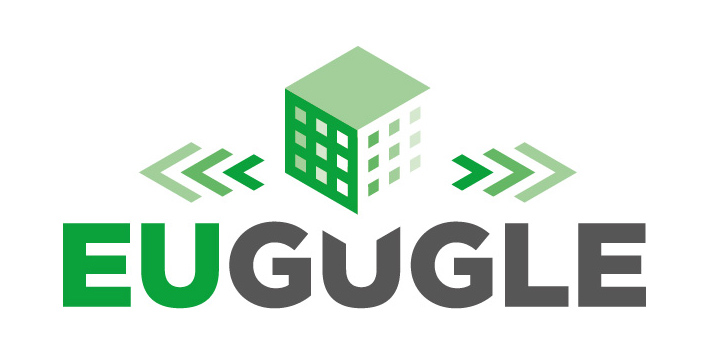Low-Energy Renovation Models for the Building Stock
Sustainable renovation of the building stock thanks to energy-efficient renovation measures.
The EU-GUGLE project aims to demonstrate the feasibility of nearly-zero energy building renovation models in view of triggering large-scale, Europe-wide replication in smart cities and communities by 2020.
Taking on the challenge of sustainable renovation in urban areas, the cities of Vienna (Austria), Aachen (Germany), Milan (Italy), Sestao (Spain), Tampere (Finland) and Bratislava (Slovakia) have committed to renovating a total of 226,000 square metres of living space during the five years of the project, with the objective of achieving 40 to 80 percent primary energy savings per pilot district while increasing the share of renewable energy sources by 25 percent by 2018. Gothenburg (Sweden) and Gaziantep (Turkey) will take part in the 5-year project as associated cities and will be expected to start smart renovation activities during project’s lifetime.
Joint efforts
To reach this objective, the eight pilot cities will join efforts to combine the latest research results relevant to smart renovation of groups of buildings at district level and use this knowledge to implement a balanced mix of technical, socio-economic and financial solutions adapted to local needs. All aspects of the renovation process will be monitored and evaluated, from the energy performance of the renovated buildings to the financing schemes chosen by the municipalities.
The project is part of the Smart Cities and Communities Initiative of the European Commission, which aims to foster the EU-wide dissemination of the most efficient models and strategies for helping cities and communities to achieve a 40 percent greenhouse gas emissions reduction by 2020.
Smart renovation strategies
In line with this objective, the pilot cities will therefore integrate the results of the project into comprehensive “smart renovation strategies” that will be easily transposable to other municipalities, and which will be disseminated through an EU-wide replication campaign. The role of the campaign will be to maximize the replication potential of the renovation models developed in EU-GUGLE, both in other districts of the same cities and in other cities facing similar issues across Europe.
EU-GUGLE stands for “European cities serving as Green Urban Gate towards Leadership in sustainable Energy” and is funded under the 7th Framework Programme for Research and Technological Innovation.
Project partners
The EU-GUGLE project is coordinated by CENER (National Renewable Energy Center, Spain) and the project consortium contains members from Spain, Austria, Italy, Germany, Slovakia, Belgium, Turkey and Sweden.
Replication cluster
The Replication Cluster is the main channel through which the cumulated experiences of six pilot cities will be shared with cities interested in designing their own renovation strategy. Participating cities will be kept informed of the progress achieved in the project and have an opportunity to take part in knowledge sharing activities with other cities. To join the Replication Cluster, please visit www.eu-gugle.eu.
Contact
DI Dr. Michael Heidenreich
E-Mail: michael.heidenreich@boku.ac.at
University of Natural Resources and Life Sciences Vienna – Institut für Konstruktiven Ingenieurbau (German)
EU-GUGLE leaflet: 1,4 MB PDF
This post is also available in: German




